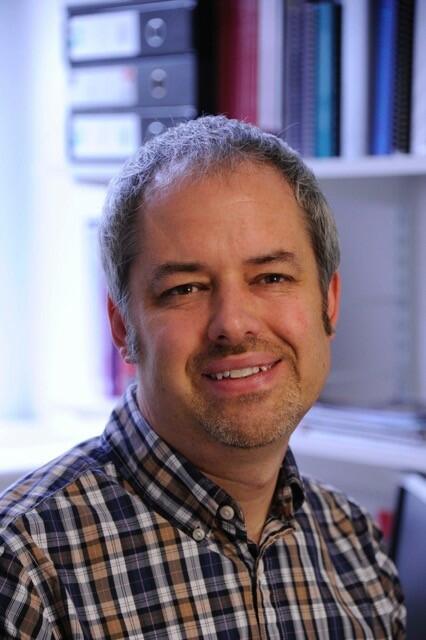
A seminar by Dr Julian Rayner of the Wellcome Trust Sanger Institute's Malaria Programme & Director of the Wellcome Genome Campus
Description:
More than 15 years after the Plasmodium falciparum genome was sequenced, hundreds of its genes still lack any functional annotation. In collaboration with colleagues in the Sanger Malaria Programme, we use systematic approaches, including high throughput experimental genetics and protein arrays, to understand malaria parasite biology and identify and prioritise novel intervention targets.
Profile:
Dr Rayner’s research seeks to understand the interactions between Plasmodium parasites and human cells, in order to identify and prioritise new drug and vaccine targets.
After undergraduate education in New Zealand and a PhD studying with Dr Hugh Pelham at the MRC Laboratory of Molecular Biology in Cambridge, he began working on malaria parasites as a post-doctoral fellow in 1998 at the Centers for Disease Control and Prevention in Atlanta, USA. This is where I became fascinated with how Plasmodium parasites recognise and invade human red blood cells, work that he continued at the University of Alabama at Birmingham, USA.
Since moving to the Sanger Institute in 2008, his group has adapted high-throughput genetic and biochemical approaches to studying erythrocyte invasion and other host-parasite interactions. In recent years his group has worked with Gavin Wright to identify a protein complex that is essential for erythrocyte invasion and has clear vaccine potential, with Oliver Billker to develop scalable tools for the efficient genetic manipulation of Plasmodium parasites, and with Dr. Beatrice Hahn at the University of Pennsylvania to study the origin of human Plasmodium parasites in African apes.
Dr Rayner has a strong interest in learning and public engagement. He served as Director of Graduate Studies for the Sanger Institute between 2012 and 2014, and gives regularly talks to school and community groups, has helped develop web resources for malaria education, and collaborated with artists and writers to engage a wide range of audiences in dialogue about science in general, and malaria in particular.
In 2014 he was appointed Director of Wellcome Genome Campus Connecting Science, which enables everyone to explore genomic science and its impact on research, health and society.